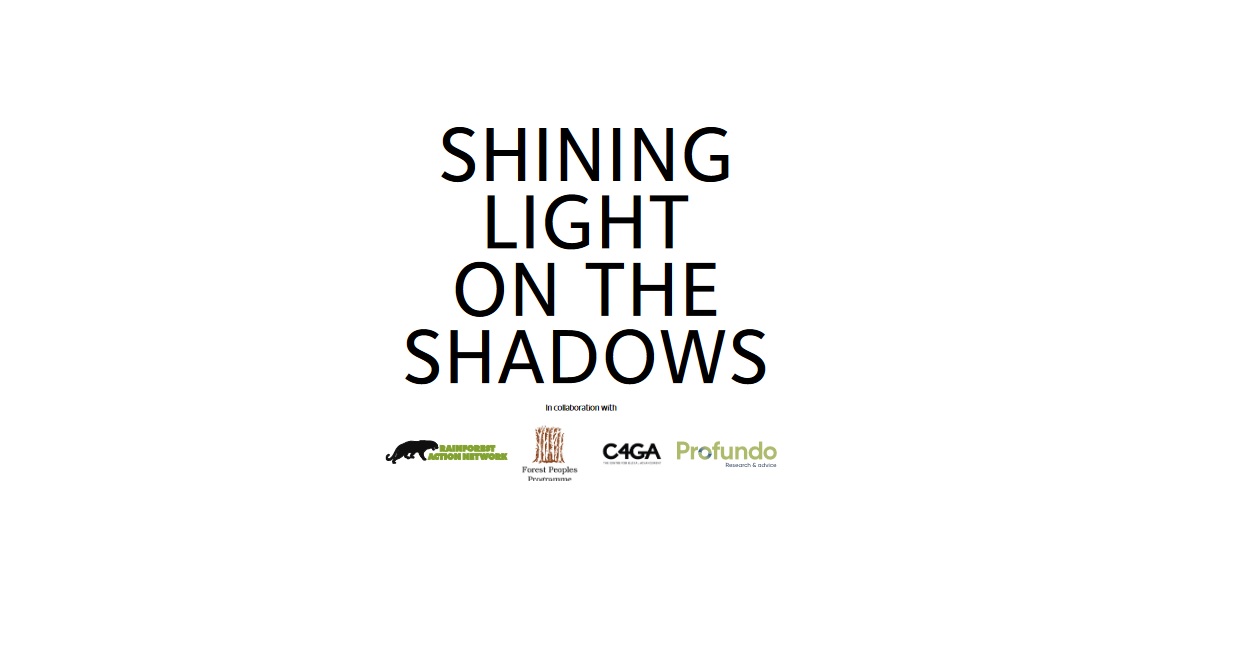Berita
Shining Light on the Shadows

This blog was originally published here, by Greenpeace
From supply chains to finance and certification, the principle of group-level responsibility is becoming widely accepted as the way to ensure that sustainable practices are implemented consistently by all entities under common control.
Lack of transparency within the global food and natural resource sectors poses a barrier to nature protection and social justice. Many of the world’s largest corporate empires have deliberately opaque corporate structures. Shadow companies or off balance-sheet operations exist side by side with publicly listed companies. Ultimate ownership of these shadow companies may be hidden through shell companies in secrecy jurisdictions or use of nominees and similar arrangements allowing unofficial control of hundreds of thousands of hectares of land.
This opacity creates opportunities for actors to avoid accountability for nature destruction, human rights abuses, environmental and financial crime. Hidden ownership and hidden common corporate control create risk. Risk in terms of know-your-customer. Risk in terms of supply and value chains. Risk in terms of GHG inventories, sustainability policies on 1.5° alignment and alignment with the CBD goals, ESG claims. Risk in terms of financial crimes such as price fixing, profit shifting, money laundering and tax evasion. Risk in terms of accountability.
Investigations into the extent of a corporate group and the activities of its members take on important commercial and regulatory significance.
Greenpeace has led the development of a standard methodology – Shining Light on the Shadows – to discover the structure of corporate groups, providing practical guidance for researchers, accountants and regulatory enforcement officials to evaluate evidence consistently and objectively. The methodology offers a solid and consistent basis for the development of a unified regulatory approach.
The development of the work has been supported by a coalition of more than 25 organisations and individuals, with input from Forest Peoples Programme, Profundo and Rainforest Action Network, legal experts and forensic accountants.